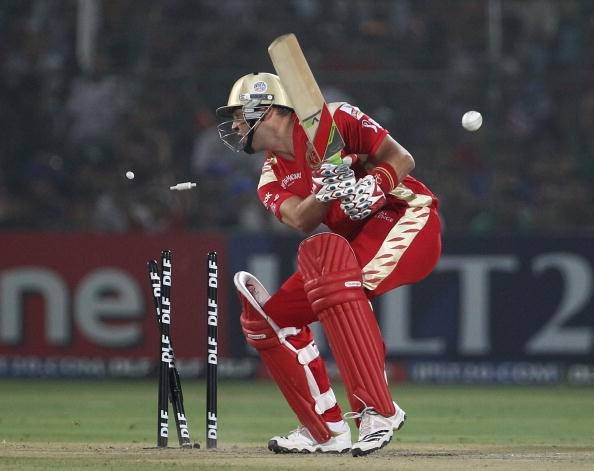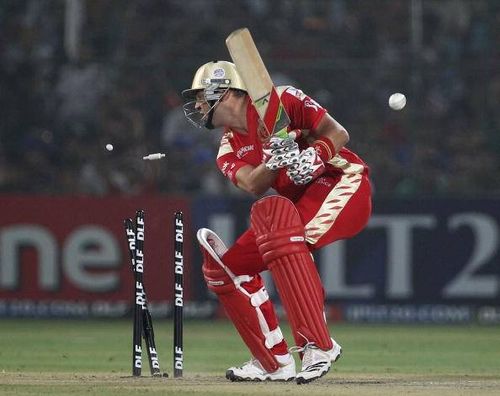
Why the next big thing in Indian cricket was forced to work on farms for a living

“It’s almost like they were waiting to see me fail”, said former IPL sensation Kamran Khan in an interview. Grown up bowling with a tennis ball in the dusty streets of Uttar Pradesh, Khan was lucky to be hand picked by RR support staff, now famous for unearthing hitherto unknown talent.
Even before he got his first match, he was featuring in news as “Shane Warne’s secret weapon”. Khan made for a perfect story because of the background he came from, and the fact that he was chosen in the team without even playing a first-class match. Someone used to sleeping on railway platforms, now being flown to South Africa with a US$24,000 by the defending champions was nothing short of a fairytale. His off-stump yorkers in Rajasthan’s warm up match against Cape Cobras had already made sports journalists and opposition take notice of him.
While he didn’t exactly take the cricketing world by storm, it was heartening to see a lanky 19-year old, with no first class experience bowling to some of the best batsmen of the game.
Warne had banked upon the young seamer, choosing him to bowl the first ever Super Over of IPL. He managed to get the crucial wicket of Gayle, restricting KKR, and scripting a win for the Royals. While those impressed by his raw, unpolished bowling skills found them refreshing, some suspected his unorthodox action to be chucking.
His action was reported by on-field umpire Rudi Koertzen during RR’s match versus Chennai and the young bowler was sent for a 2-week rehab. He wasn’t quite the same when he returned, and couldn’t replicate those 140 km/hour bowling spells. He quickly started fading away from the playing XI of RR in IPL, and U.P in domestic tournaments.
Picked up by Pune Warriors in 2011, he got a solitary game to prove his mettle, and was sidelined due to a knee injury, after which he was paid his dues and sent home. Shown the door by his franchisee Pune Warriors, and largely forgotten by his fans and the media, Kamran was forced to work on his brother’s farm till he got a call back.
But he received none- not from PWI, nor from U.P. It was then that he scrounged for a place in the Sri Lankan Premier League, and was signed up by the Colts. His plight didn’t go unnoticed by his mentor Shane Warne, who tweeted “Found it bizarre that Kamran is working on a farm and not playing IPL. To me a waste of talent, hope your ok buddy.” “If everyone ( BCCI & others ) are making money in the IPL then so should the players, I think a few of you are missing the point I am making.”
Warne raised a very pertinent point. If the boards are making insane amounts of money then why not the players? Lalit Modi recently revealed that the money bet on each game is around 9,000 to 10,000 crore. If domestic players have no sense of security, then why wouldn’t they be lured to spot fix a match and be guaranteed of a long time financial security?
It definitely sounds easier than toiling away the day in a wheat farm and listen to the neighbour’s taunts.The boards need to understand that the sudden dropping of players can have a negative impact on their psyche, and dishearten other youngsters who might be afraid every time they step on field. One small mistake and the franchisee sends you home. What message does that send across? An athelete needs a sense of security every time he or she goes out to perform. The mental baggage can do a lot of harm to their performance.
The problem with this format is that for everyone- from franchisees, boards, advertisers and even the players- the main focus is profit making. Hunting and sustaining talent then becomes a secondary objective.
With a new talent being launched with virtually every second match, the attention span of the viewers and selectors is being shorter and shorter. Whose loss is it then? From being touted as the next big thing in Indian cricket, to being thrown in the dungeons of obscurity, Kamran Khan’s is the archetype story of how fickle fame is, and how swiftly you can fall, just as swiftly as you rose on the world stage.